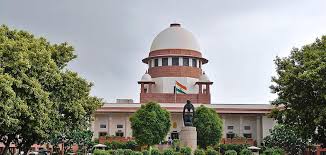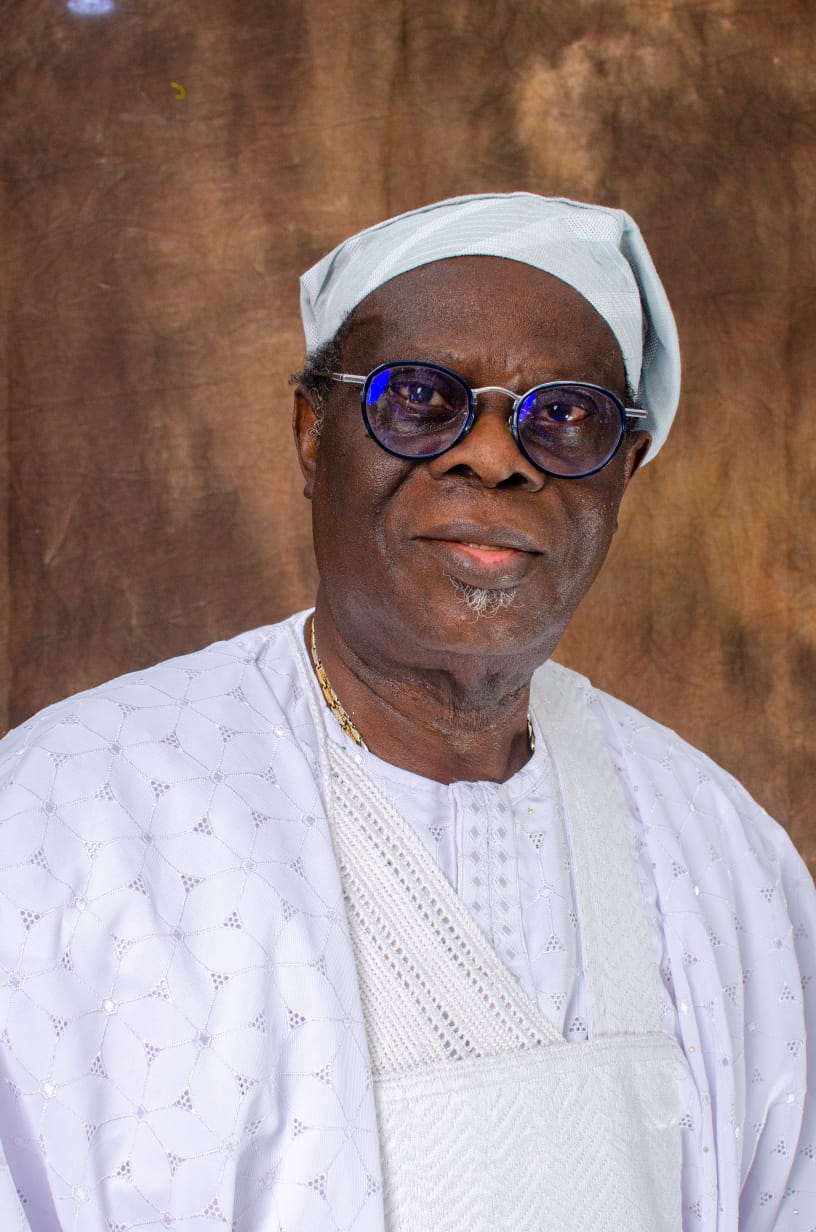The apex court had, on December 4 last year, set aside the Jharkhand High Court’s May 2022 order granting bail to accused Alex David. When the matter came up for hearing on August 26 before a bench of Justices Dipankar Datta and Augustine George Masih, it was noted that there was no bilateral treaty between Nigeria and India over the extradition of a Nigerian national to face criminal proceedings in the country.
“The special leave petition stands disposed of, confirming the order of cancellation of bail but leaving it open to the Central government to formulate an appropriate policy or initiate such further action as deemed necessary and proper so that foreign nationals do not flee the course of justice after committing crimes in India,” the bench stated.
David was booked for various offences, including cheating under the Information Technology Act. After being granted bail by the High Court, the state challenged the order in the Supreme Court. However, David was reported to have jumped bail and gone absconding, the apex court was informed.
The Supreme Court then asked the Centre about its procedure and guidelines laid down for such cases. In response, the Centre filed an affidavit, detailing the presence of comprehensive guidelines for investigation abroad and the issuance of letters rogatory, mutual legal assistance requests, and service of summons, notices, and judicial documents concerning criminal matters.
On December 4 last year, the apex court set aside the High Court’s order and directed the Centre to take appropriate measures as suggested in their guidelines. When the matter came up for hearing on August 26, the counsel appearing for the Centre presented a communication from the consultant (legal) of the Ministry of External Affairs to the solicitor general.









